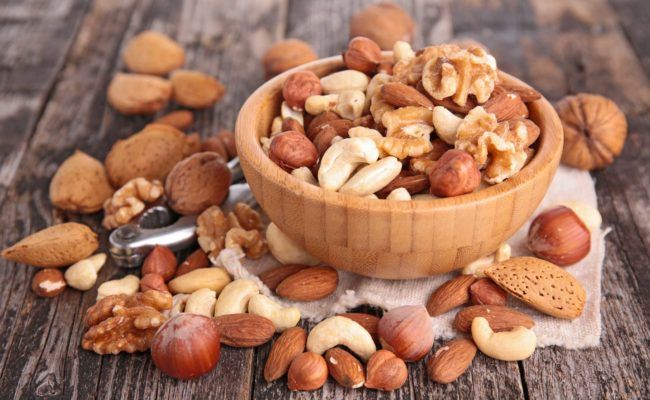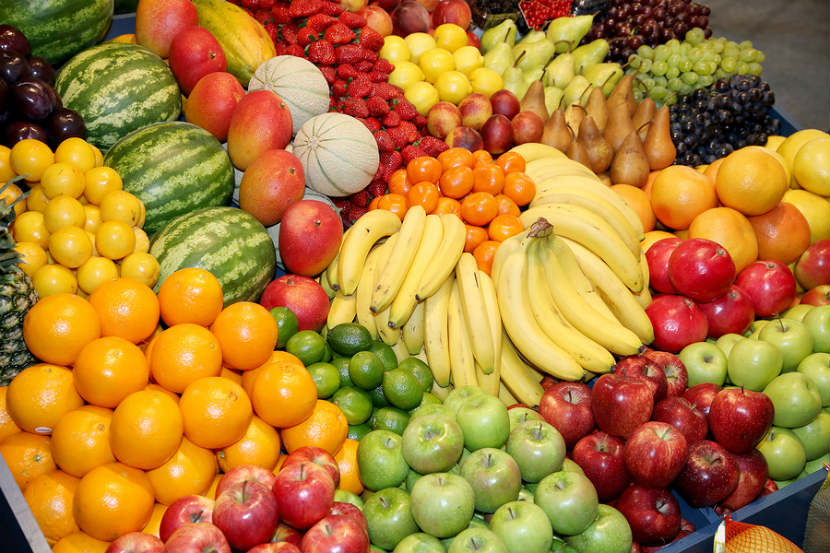Tips for Fasting in the Month of Shravan

The month of Sawan marks the beginning of monsoon season and it is considered to be the most important month of the year. The devotees of Lord Shiva seek his blessings. In fact, it is believed that every day of this month is auspicious as it is the best time to offer prayers and perform religious rituals. This year the auspicious month started on 25th July 2021 and will end on 22nd August 2021. As per Hindu mythology, observing fasts and holy practices during the month fulfills all desires as the merciful Lord Shiva is believed to be happy.
The entire month of Sawan is holy, but Monday or “Sawan ka Somwar” happens to be of utmost importance, when it comes to fasting. Many people fast every Monday and some even for the entire month. Other than religion, fasting has health benefits as well. So here are some tips for fasting in the Sawan month:

What to eat:
Planning meals is very important while fasting, as your body needs strength to work throughout the day. As per Hindu tradition, Sawan month is about adopting a satvik lifestyle, which means refraining from any kind of activity that is tamasik in nature, be it food or beverages.
Most people observe a sweet fast meaning they eat only fruits, fresh veggies, milk, and milk products throughout the day. You can also eat sabudana, sendha namak as well. You can also consume lemon, dry fruits,nuts, sugar, coconut, and peanut. It is recommended that people who do not eat cereals and pulses for the entire month, must take 500 – 750 ml milk and curd and 30 -50 gm paneer . You can take a few nuts, dates, and raisins also.

To remain healthy during the fast, you must drink water and stay hydrated. You can also have sweets made of milk and coconut-like milk cake, coconut laddoos, and more.
I personally prefer milk, tea, fruits, sweets and load of water to stay hydrated.
What to avoid:
While you are fasting you can not have grains, rice, and lentils. Avoid having vegetables like onion, garlic, and radish. Spices such as hing or asafoetida, salt of all kinds except rock salt, red chilli, fenugreek (methi), turmeric and any other seeds should be avoided. It might come as a shock to you but jaggery is also avoided when a person observes fast. Instead one can have black pepper, coriander, green chilli, rock salt, fresh & dried ginger (sonth), clove, cardamom, and cumin in all forms. The list is not limited to it and the person who observes fasts can also consume lemon, dry fruits and nuts, sugar, rock sugar (mishri).
RELATED ARTICLES

Pilates Moves That You Can Do at Home

Smoothies to Improve your Digestion

Simple Ways to Treat PCOS

Tips for Attending Lockdown Wedding

Difference Between Rest and Recovery!
